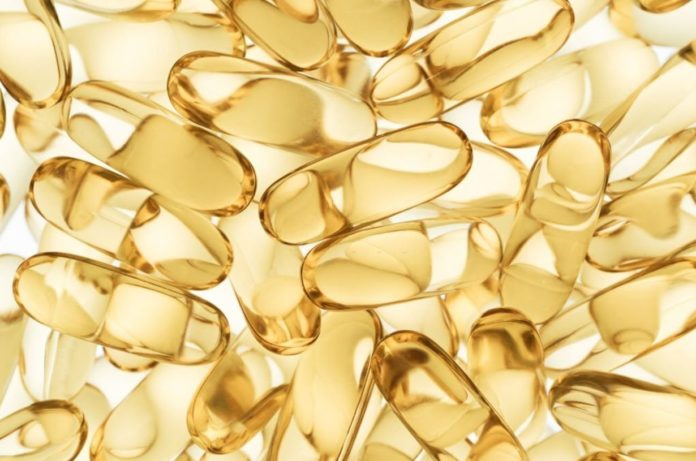People talk a lot about the benefits of dietary supplements, but the evidence isn’t always clear. While some studies have found perks, others have found possible very significant health risks.
In a study that was published in the journal Jama Oncology, it was found that two popular nutritional supplements double the risk of “precancerous” growths.
The vitamins and minerals your body needs are typically abundant in a balanced diet. But some people also choose to take supplements. While there are real health reasons for supplementing this way, the majority of people should get all the nutrients they need through diet. In fact, researchers have found that taking supplements comes with a number of risks.
In a study that was published in the journal Jama Oncology, taking extra calcium and vitamin D nearly quadrupled the risk of “precancerous” polyps.
Polyps are tissue growths that primarily resemble small, flat bumps or teeny, stalk-like mushrooms.
In the randomized trial, people with one or more benign tumors called adenomas got calcium, vitamin D3, both, or neither every day for three to five years.
During the treatment phase, 27.5% of the participants were found to have serrated polyps, and 29.7% were found to have them during the observation phase.
Supplementation had no impact on the incidence of SSA/Ps during the treatment period, but six to ten years later, during the observational phase, calcium and vitamin D supplementation increased the risk roughly fourfold.
Why this might be significant
“Sessile serrated adenomas or polyps (SSA/Ps) are precursors for cancer,” said Carl Heneghan, director of the University of Oxford’s Centre for Evidence-Based Medicine and former editor-in-chief of BMJ Evidence-Based Medicine, stated in a 2018 BMJ blog post about the study, adding “and it’s possible that calcium and vitamin D supplementation are contributing to the risk.”
According to him, precancerous serrated polyps and smokers are more at risk. Cancer often begins as a polyp, which grows extremely slowly and can take up to 20 years to mature.
However, the importance of this conclusion is unclear due to contradictory findings.
Professor Heneghan noted a study published in JAMA that implies vitamin D3 supplementation may help prevent advanced colorectal adenomas, although other studies indicate it may not reduce the risk.
The professor highlighted a 2016 systematic review that included four clinical studies and indicated a small “chemopreventive effect” of calcium supplementation against recurring colorectal adenomas.
A Cochrane analysis on vitamin D supplementation for adult cancer prevention furthers the misunderstanding.
According to Professor Heneghan’s review, “there is no firm evidence that vitamin D supplementation decreases or increases cancer occurrence in predominantly elderly community-dwelling women.”
Should You Avoid calcium and vitamin D pills?
Professor Heneghan came to the conclusion that “we don’t know” based on the available evidence and that more research is required before making any recommendations.
What health organizations say
As long as they don’t take them in excess, the majority of people can consume nutritional supplements safely, according to the American Cancer Society.
But there are risks associated with using dietary supplements, particularly for those who are receiving cancer therapy.
It continues, “Talk with your health care team about any supplements you are taking or are thinking about taking.”
Dairy products including milk, cheese, and other dairy meals are natural sources of calcium.
Natural sources of vitamin D include the following:
- Oily fish – such as salmon, sardines, herring and mackerel
- Red meat
- Liver
- Egg yolks
- Fortified foods – such as some fat spreads and breakfast cereals.
Image Credit: Getty
You were reading: Do Calcium And Vitamin D Supplements Really Raise Cancer Risk? This Is What Science Says
